
Mastercard and Google enable Google Pay for Mastercard cardholders in Saudi Arabia, supporting Vision 2030 and accelerating contactless fintech payments adop...

Stay informed with breaking fintech news covering digital payments, blockchain, neobanking, artificial intelligence in finance, and regulatory developments. Updated daily by our editorial team.

Mastercard and Google enable Google Pay for Mastercard cardholders in Saudi Arabia, supporting Vision 2030 and accelerating contactless fintech payments adop...

Ericsson and Mastercard integrate fintech and money movement platforms to expand digital wallets, cross-border payments, and financial inclusion across telec...

Sezzle launches a $29.99 unlimited mobile plan on AT&T’s network via Gigs, extending its fintech platform into connectivity services within its consumer ...
Press Release

Advocates Call On Lending, Debt Collection, Credit Reporting Companies to Ease Financial Impact on Families

Ant Group releases Ling-2.5-1T and Ring-2.5-1T open-source AI models, advancing trillion-parameter reasoning and multimodal systems across its Ling family.

Japan’s PayPay files for a U.S. IPO targeting Nasdaq, seeking valuation above $6.5 billion as it expands QR payments and pursues a Visa partnership in global...

UiPath acquires WorkFusion to strengthen AI-driven automation for AML and KYC compliance, expanding tools for banks and financial institutions to manage fina...
Press Release

The showdown between central banks from Europe and Latin America and crypto platforms like Ripple, Kraken, and Bit2Me will take the stage at MERGE Madrid (Oc...

Tether acquires a minority stake in Gold.com to expand tokenized gold distribution and integrate XAU₮ into physical precious metals markets amid rising insti...

Agibank raises $240 million in a New York IPO, signaling renewed Brazilian fintech access to U.S. markets despite volatile post-listing performance across th...

Multiliquid and Metalayer Ventures introduce an instant redemption facility on Solana to address liquidity constraints in tokenized real-world assets.
Press Release
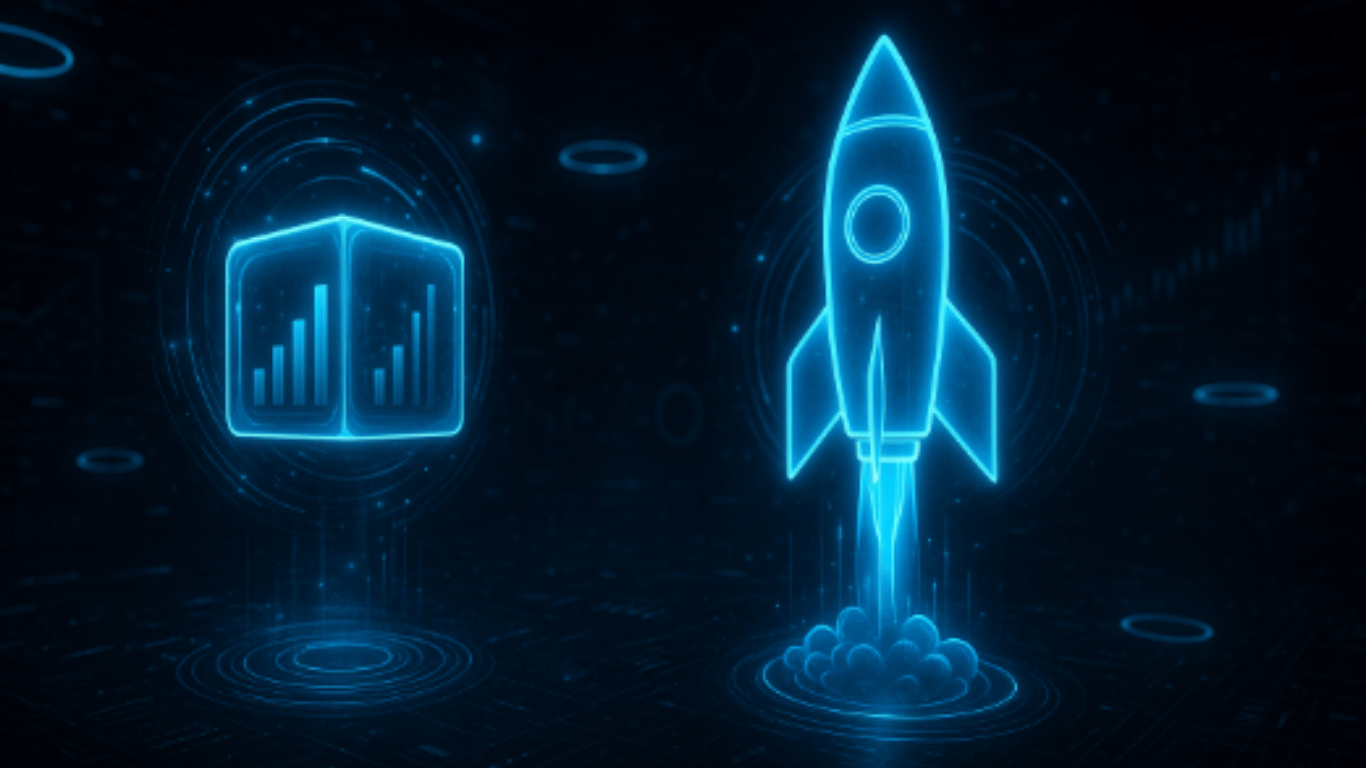
Where Innovation Meets Opportunity in Southeast Florida

Circle partners with Polymarket to replace bridged USDC with native USDC, standardizing dollar settlement for prediction market trading.

Ripple Prime integrates Hyperliquid support, allowing institutional clients to access onchain derivatives liquidity with cross-margining across digital asset...

Visa Direct and UnionPay International have announced a new cross-border payment connection that will allow real-time money transfers to most UnionPay debit ...
Press Release
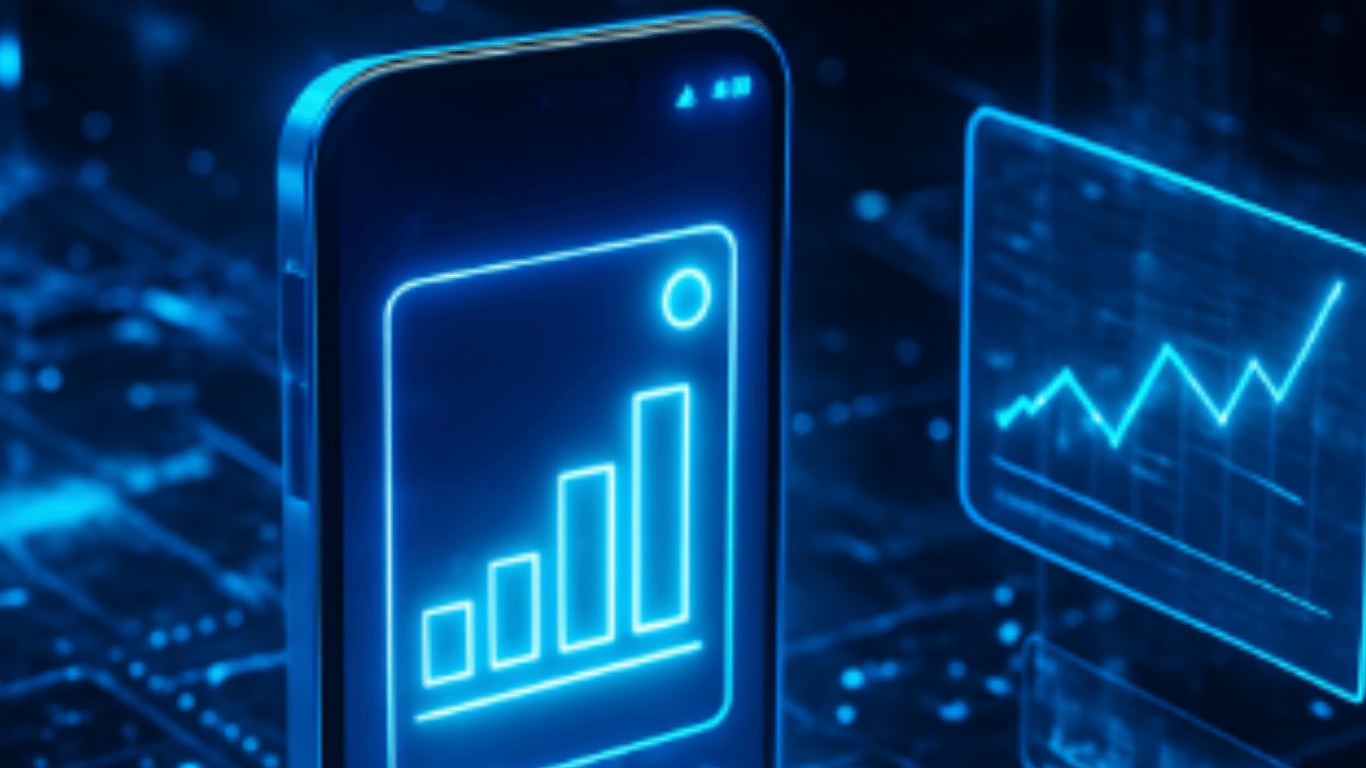
No commitments. No borders. MAJORITY brings mobile phone plans to the communities that move the world.

A proposed SpaceX and xAI merger could accelerate Elon Musk’s plan to build space-based AI data centers, using solar-powered satellites to reduce energy cost...

Polygon Labs’ purchases of Coinme and Sequence show a strategic shift toward owning stablecoin payment infrastructure, bringing licensing, wallets, and compl...

Trump Media & Technology Group set February 2, 2026, as the record date for its DJT shareholder token program, outlining blockchain-based rewards that of...
Press Release
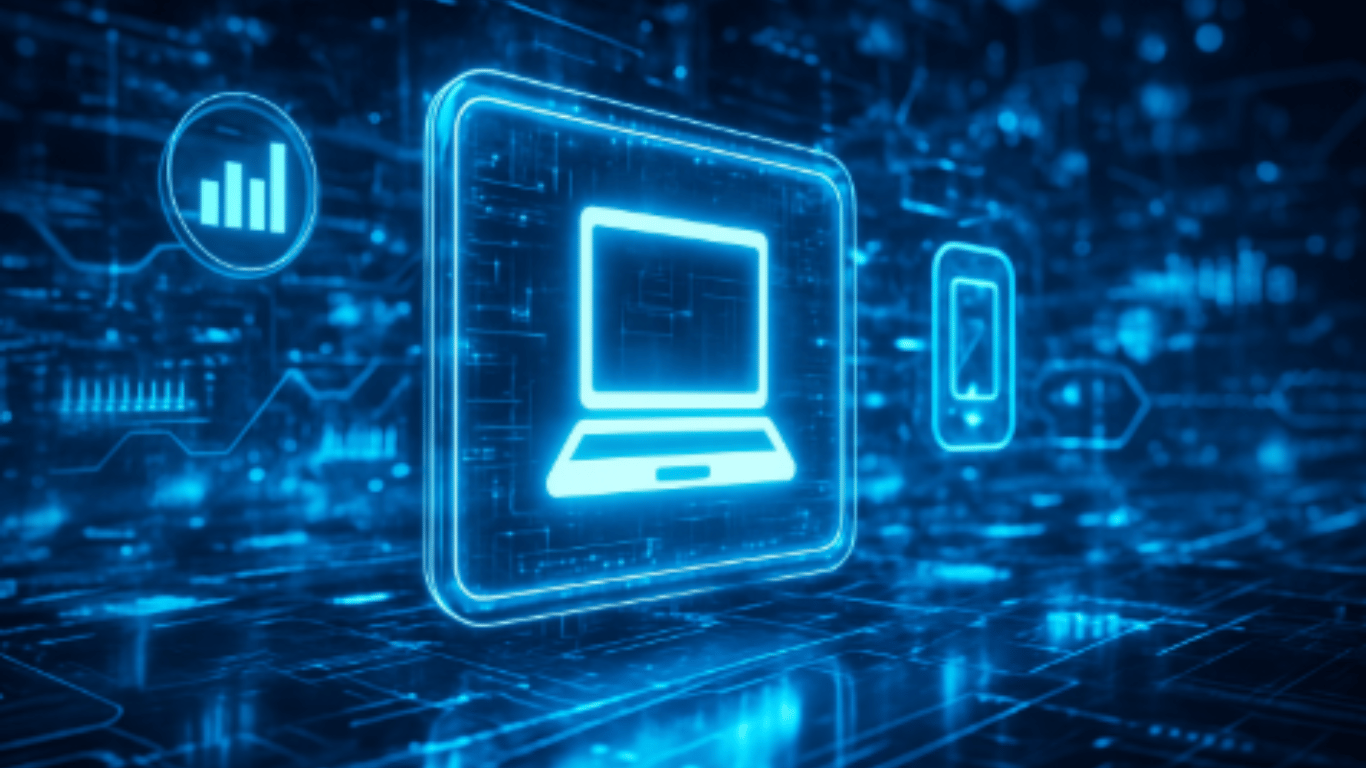
Recent tariff-related volatility spotlights new offering’s value in markets where opportunities are fleeting and ‘every second counts’
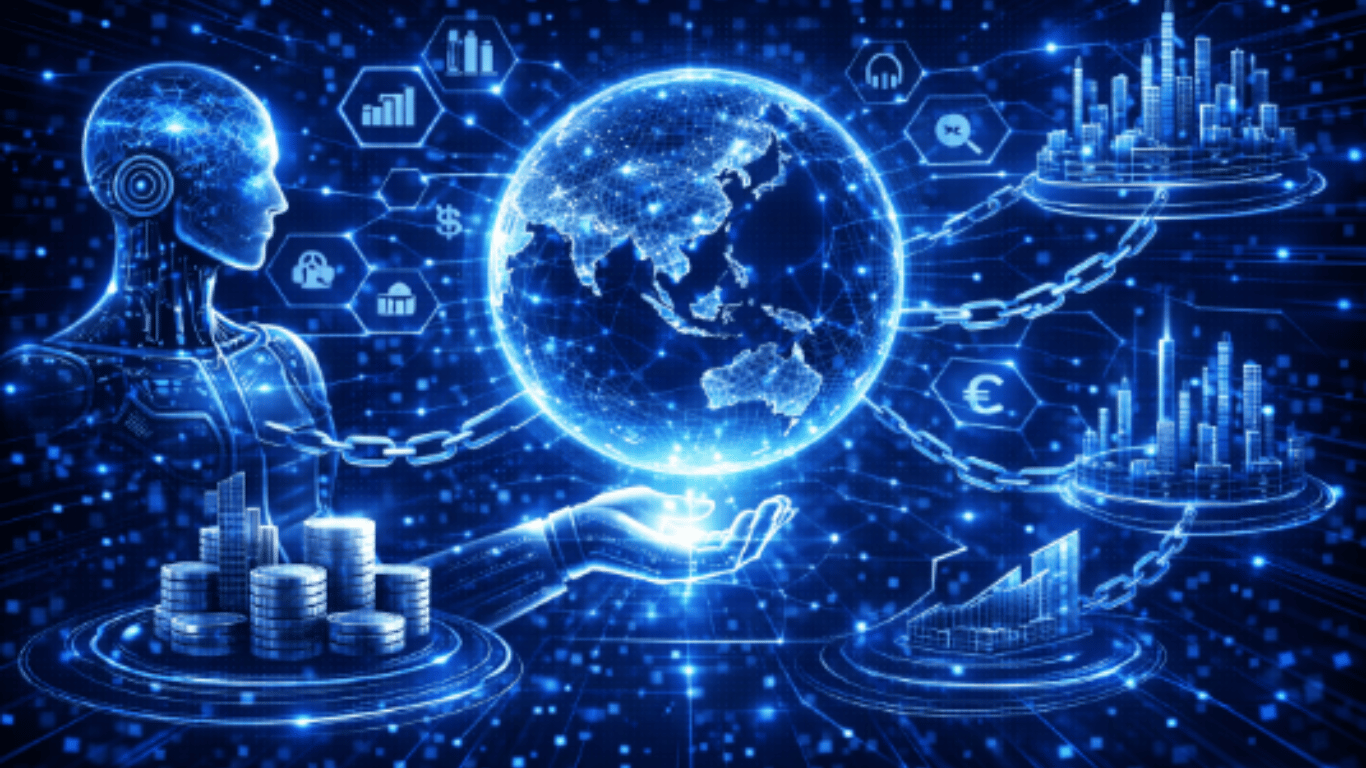
Riyad Bank’s innovation arm Jeel has partnered with Ripple to test blockchain-based cross-border payments and digital asset services in Saudi Arabia through ...

Asian Financial Forum 2026 opens Jan. 26–27 in Hong Kong with a focus on rebuilding economic cooperation, managing market uncertainty, advancing fintech, and...
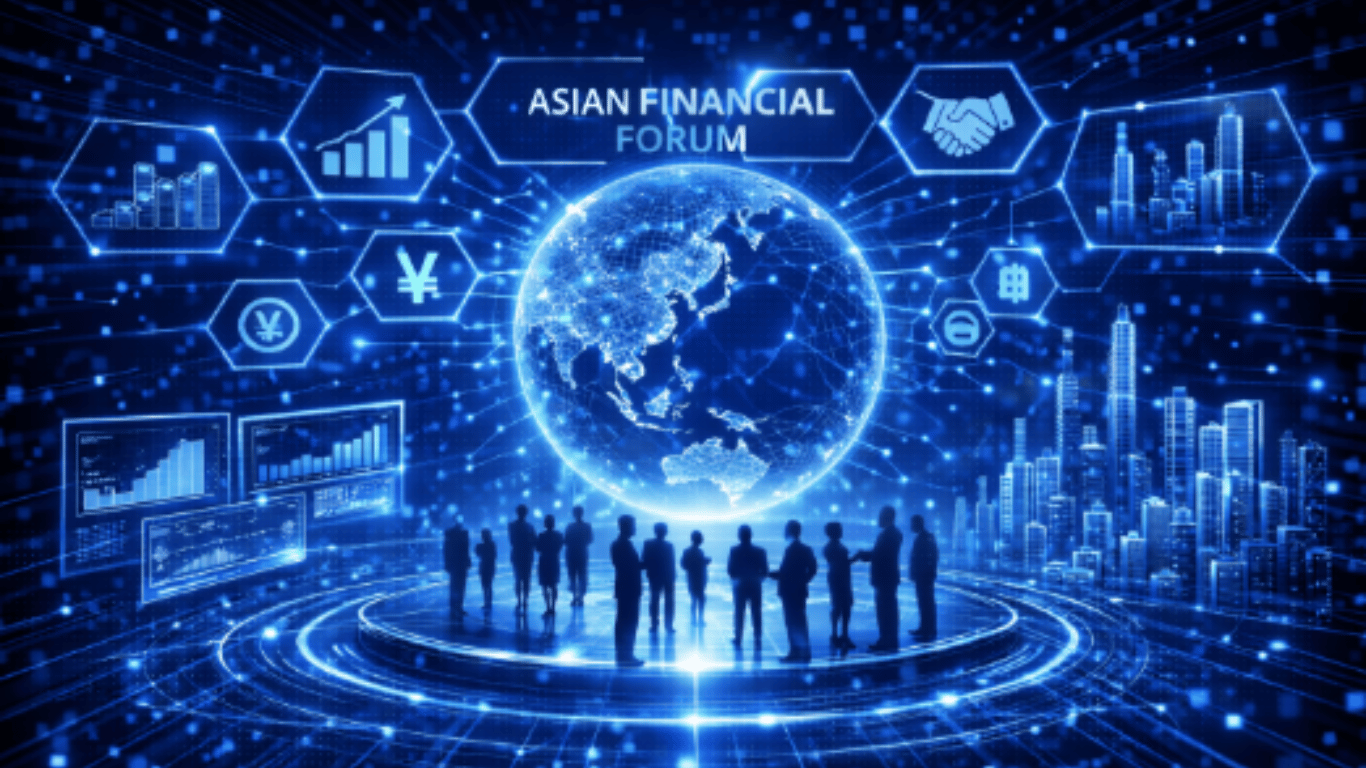
The Asian Financial Forum 2026 will take place on January 26–27 in Hong Kong, bringing together global leaders to discuss economic trends, fintech, AI, green...
Press Release

Digital remittance apps lead the way in North America as Visa’s latest report reveals shifting consumer preferences.

Capital One has agreed to acquire fintech firm Brex for $5.15 billion in a cash-and-stock deal, expanding its business payments strategy and strengthening it...